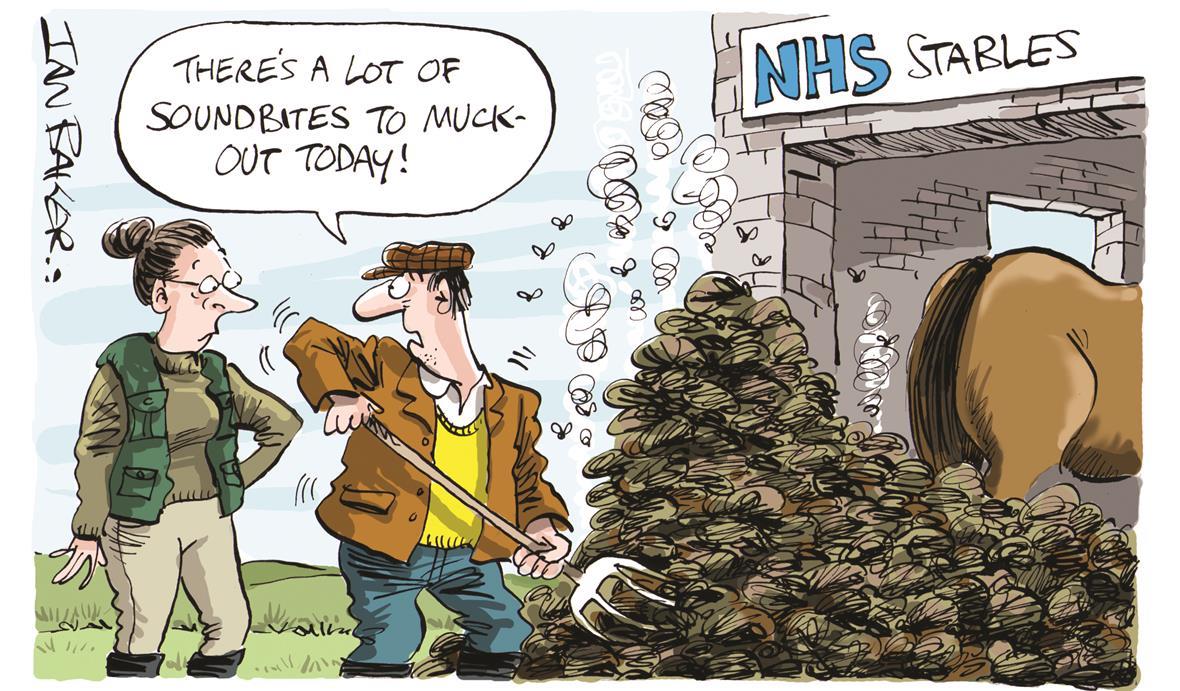It is not only going to get worse – it is getting worse as you read.. Don’t get old in the UK…? The crisis is the responsibility of ALL political parties… ,the fear they have installed into professionals speaking out, and the media for not grasping the nettle and initiating informed debate. If you have not planned (and saved) for the failing safety net you may well be in trouble..

Nearly half of social care services visited by inspectors in the past year were found to be failing the frail and vulnerable, in what relatives and experts say is a symptom of the growing financial crisis in the sector.
An update given to the board of the Care Quality Commission last week showed that 41% of community-based adult social care services, hospice services and residential social care services inspected since last October were inadequate or required improvement. Of the 8,170 services examined, less than 1% (38) were outstanding and 58% (4,381) were good, according to the chief executive’s report, which was delivered last Wednesday.
The CQC’s chief inspector of adult social care, Andrea Sutcliffe, told the Observer that the figures were extremely worrying. They will raise fresh concerns about the state of the sector after social care providers and council leaders warned in a joint submission to the Treasury last week that the fragility of the care sector was affecting their ability to perform their legal duties to elderly and disabled people.
Earlier this year, this newspaper revealed that the CQC was receiving more than 150 allegations of abuse of the frail and elderly in social care settings every day, prompting Sutcliffe to warn that a broken system was turning good people into bad carers as a consequence of poor working conditions, a lack of training and inadequate staffing.
There is also growing evidence of the crisis having an effect on the health system. A key part of the reason why Addenbrooke’s hospital in Cambridge, one of the NHS’s most prestigious hospitals, was put into special measures last week was…..
…Colin Angel, policy and campaigns director at the UK Home Care Association, which represents providers of services to people in their own homes, said it appeared that the most severe drop in standards was in nursing homes, where it was increasingly difficult to hire appropriately trained staff. “While CQC’s new ratings show the home-care sector delivering significantly better results than residential nursing care, it is difficult to imagine how adult social care as a whole can achieve marked improvements during a financial crisis,” said Angel.
“Recruiting experienced nurses for residential care is increasingly challenging, and the turnover of home-care workers is unacceptably high due to the terms and conditions available, particularly given employers’ fears over bearing the yet unfunded costs of the forthcoming national living wage.”
Sutcliffe concluded: “I am glad that the majority of the adult social care services we have rated so far are proving to provide safe, high-quality, effective and compassionate care. However, that 34% of services rated to date require improvement and 7% are inadequate is extremely worrying because of the detrimental impact these deficiencies can have on the health and wellbeing of people using services.
“We have been prioritising our inspections according to risks and concerns, so our findings may show a higher proportion of poor care at this stage than when all 25,000 services have been inspected at least once by next September.
“Nevertheless, it is unacceptable for people to be let down by services that are meant to give them the care and support they need, and we are committed to tackling poor care when we find it. We will continue to be a strong regulator, setting clear expectations for providers to improve and by taking action to force that improvement, if necessary.
“However, all parts of the adult social care system need to play their part to make sure people can receive the high standard of care that they deserve and that we expect. That includes providers taking their obligations to the people they serve seriously and supporting their staff, as well as commissioners and funders providing the appropriate resources for them to do so.”
Another one bites the dust: reports in the Guardian 25th September 2015 – East Sussex NHS trust in special measures after CQC inspection – Care at the trust was rated as good, but overall it was inadequate, with concerns over maternity and outpatient services and Richard Vize reports on the same day: Addenbrooke’s: why are internationally renowned hospitals struggling? – A number of specialist hospitals are facing serious problems with their district general services



















